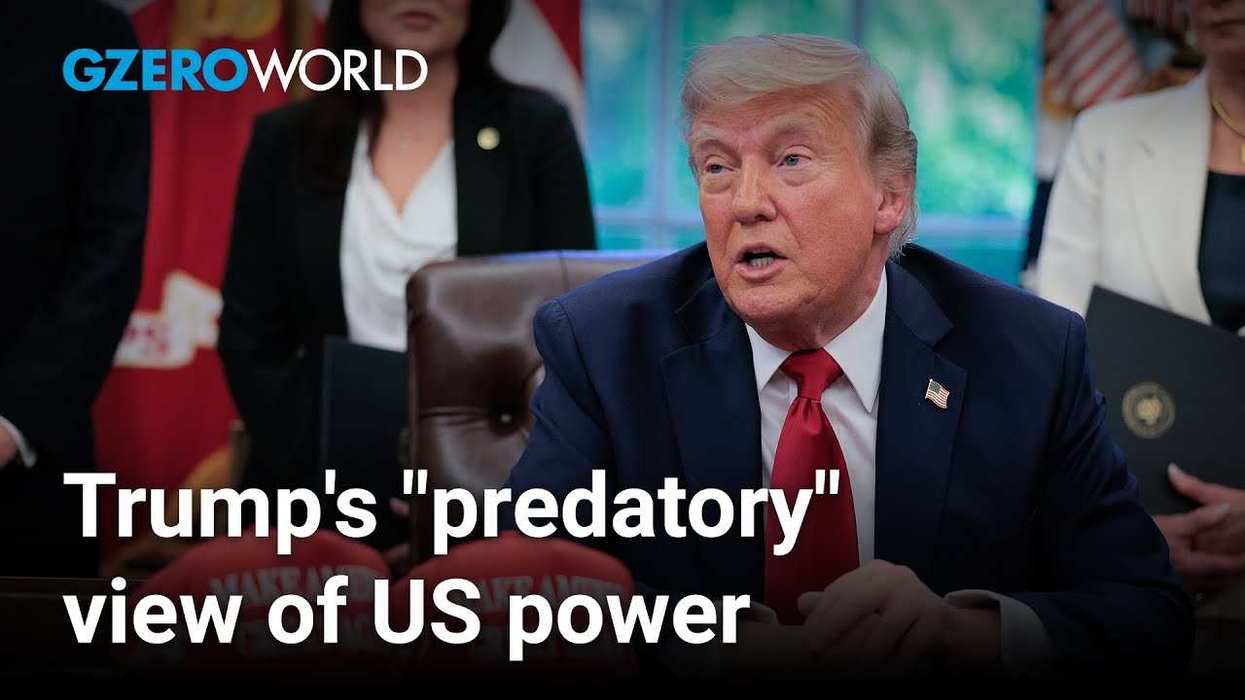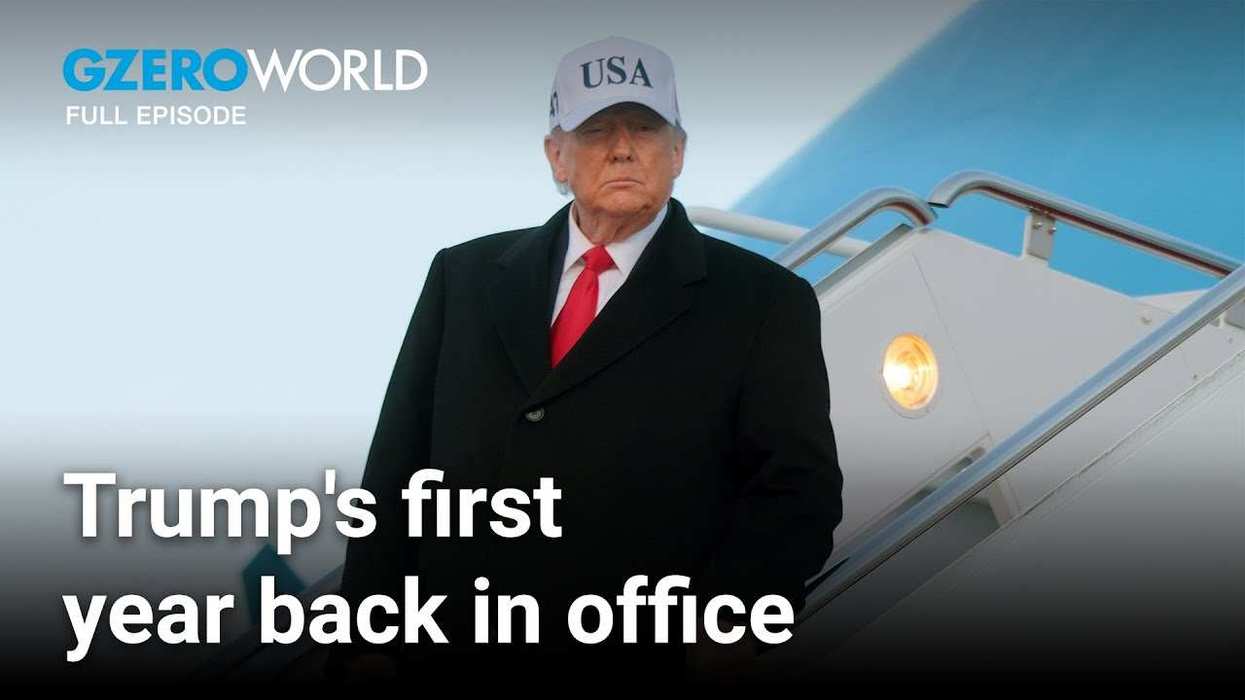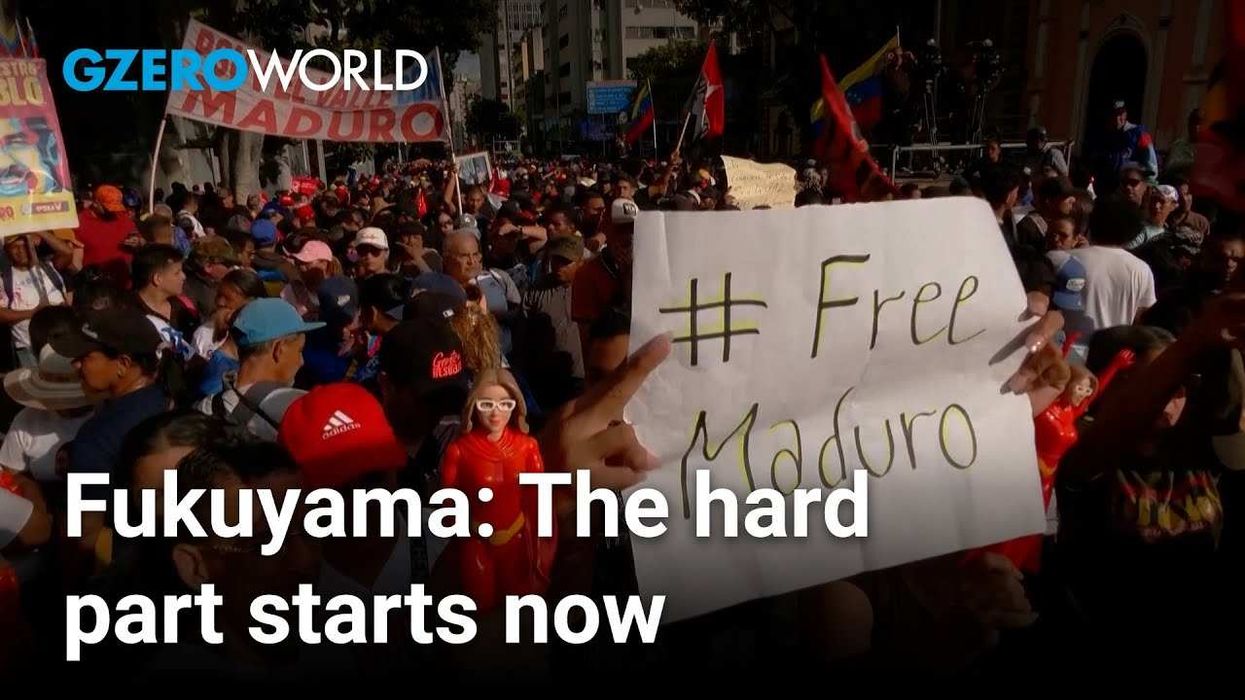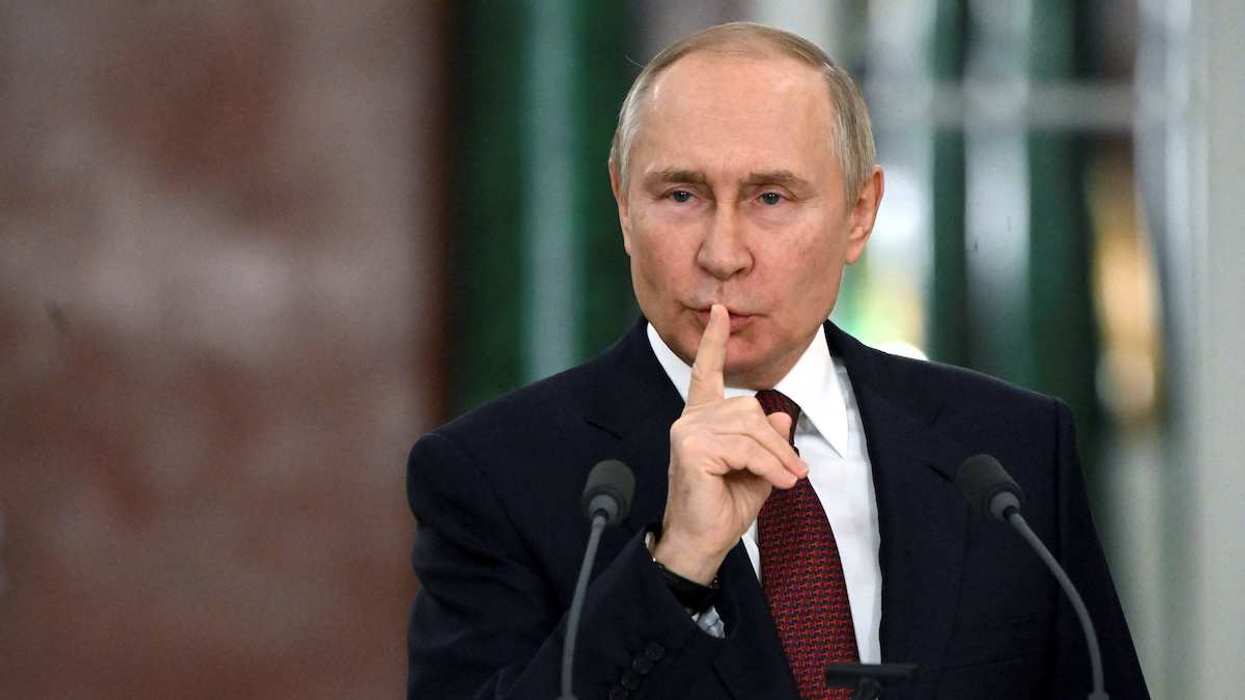Suga's collapsing popularity: For the past 18 months, debate within Japan and around the world has raged over whether Japan could and should stage the Olympic Games amid a pandemic. For better and for worse, the Games were held and are now closed. So, what's the political fallout for Prime Minister Yoshihide Suga, who has governed in a state of near-constant crisis, and for his government? The good news for them is that a new poll from Asahi Shimbun, released last weekend, found that 56 percent said it was a good idea to hold the Games, and just 32 percent said it was a mistake. The bad news is that approval for Suga's government has fallen to just 28 percent, the lowest of his time in office. A slow vaccination rollout continues to cost him.This fall, Suga's Liberal Democratic Party (LDP) will decide when to hold both its party leadership race and the next national general election. The LDP will likely remain in power, but Suga's future is now very much in doubt.
Taliban take key capitals: As the US continues to withdraw forces from Afghanistan, the Taliban are overrunning ever-wider swaths of territory, including urban areas that they haven't controlled in decades. Over this past weekend alone, the jihadist insurgents swept through no fewer than six provincial capitals, including the strategically important northern city of Kunduz. The US has mounted fresh airstrikes — including with a few old B-52s — to help the beleaguered Afghan security forces hold the line, but with that support reportedly scheduled to stop at the end of August, the writing is on the wall: the Taliban are on their way back to controlling Afghanistan. As we recently wrote, Afghanistan's neighbors are bracing for a growing rush of refugees fleeing the war-ravaged country, and the EU, just a few years removed from the last refugee crisis, is watching warily as well.
Mozambique and Rwanda retake jihadist hotspot: Mozambican and Rwandan troops this week gained control of the gas-rich port city of Mocimboa da Praia in northern Mozambique. For more than three years, Islamist fighters loosely aligned with the Islamic State, have waged a brutal insurgency in the northern Cabo Delgado province. Mocimboa da Praia, the site of one of Africa's biggest liquefied natural gas projects, has become a jihadist hub in recent years. Fighting has killed more than 3,100 Mozambicans and displaced 800,000 more. Last month, Rwanda sent 1,000 troops to support Mozambique's army, and the military alliance — which also includes support from Zimbabwe, Angola, and Botswana — managed to retake control of the port, airport, and hospital in Mocimboa da Praia. This massive feat comes after the European Union said last month that it will establish a new military mission in Mozambique to help the government push back against the increasingly brazen Islamic insurgency. Still, analysts warn, the Mozambican government needs to remain vigilant because the militants might still regroup in the months ahead.
US offers NATO partnership to Brazil? During a visit to Brazil last week, US national security adviser Jake Sullivan reportedly told President Jair Bolsonaro that if he bans the Chinese tech company Huawei from building 5G networks in his country, the US would push for Brazil to become a NATO global partner. That's not quite full membership, but it would give Brazil preferential access to arms purchases and other security perks with the world's most powerful military alliance. According to the Brazilian daily Folha de São Paulo, which broke the story, the move is a bid by Washington to get Brazil on its side in a global push to squeeze Chinese tech firms out of 5G infrastructure. But Folha also reports that there are deep divisions within the Brazilian military about this: some higher-ups are implacably hostile towards China, while others say that Brasilia shouldn't ruin relations with Brazil's largest trade partner. Currently the only Latin American country that enjoys a NATO partnership is close US-ally Colombia.


















